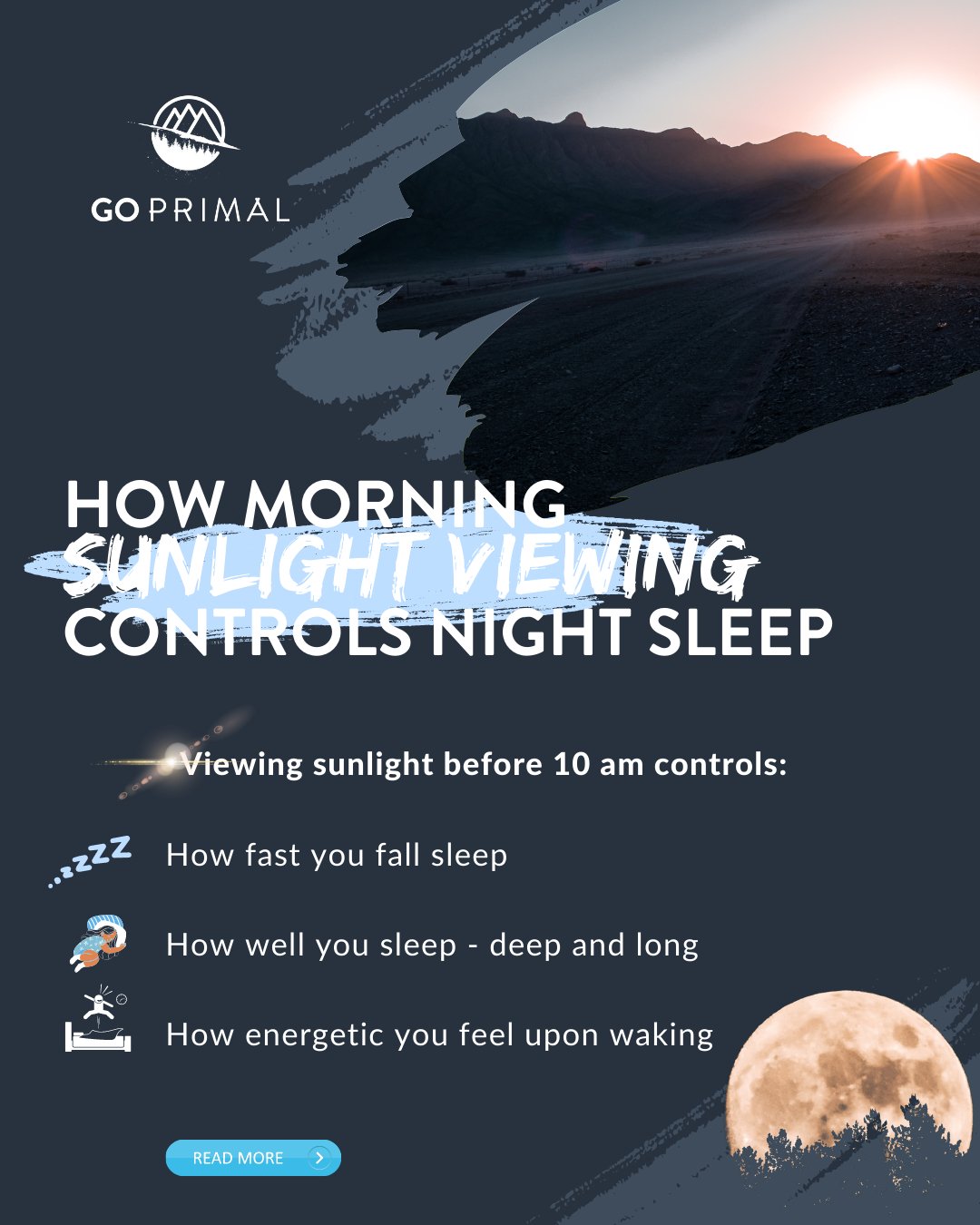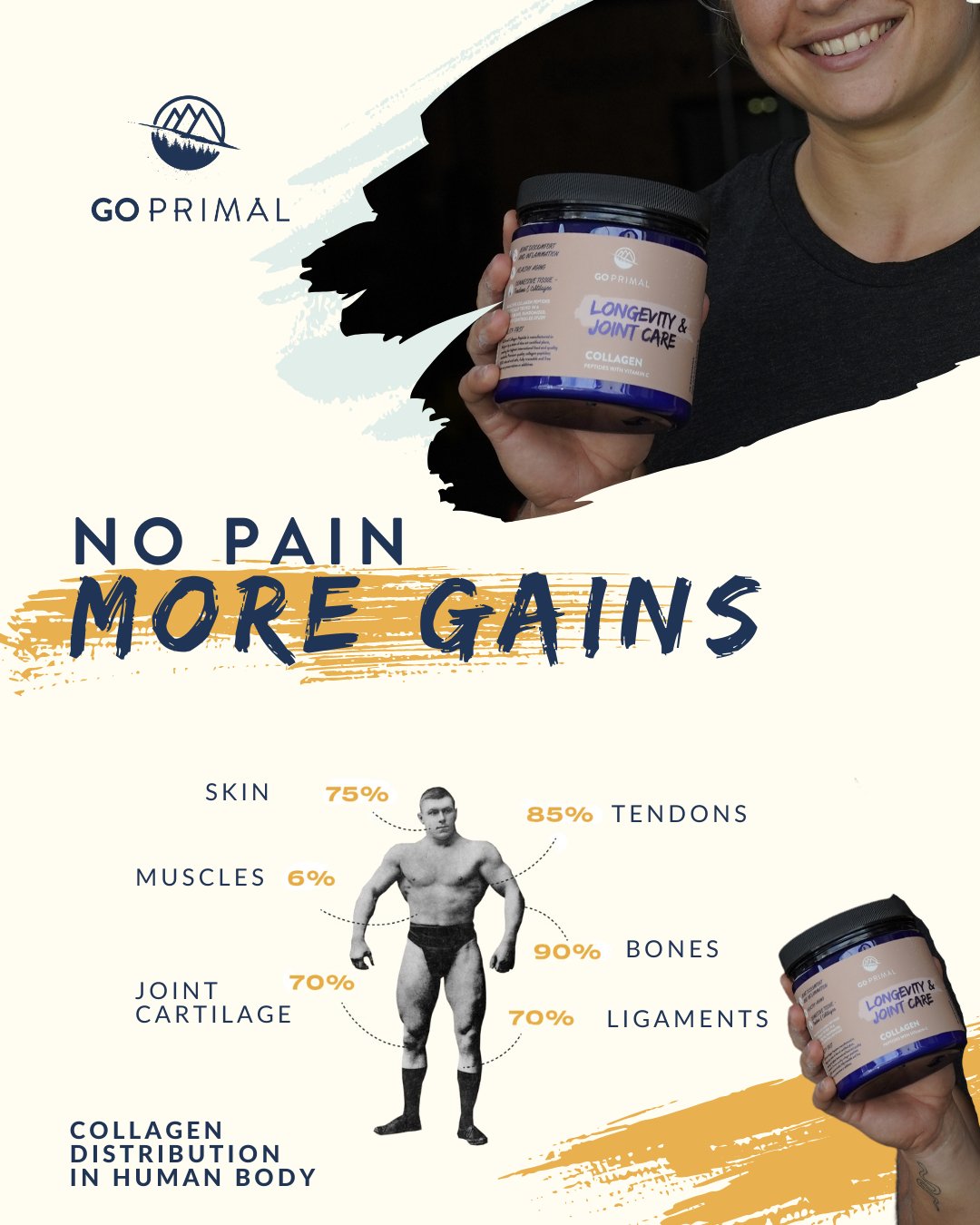
The power of morning sunlight viewing
The Importance of Morning Sun Exposure , Sleep and Overall Wellness
We all know that getting a good night's sleep is essential for our physical and mental health, but did you know that the key to a restful sleep may be as simple as a few minutes of morning sun exposure?
According to Andrew Huberman, a neuroscientist and sleep expert at Stanford University, our bodies have a natural circadian rhythm that is closely tied to the cycles of daylight and darkness. In an interview with the New York Times, Huberman explains, "The single most important thing you can do for your sleep is to be exposed to bright light in the morning."
Sunlight, particularly in the blue light spectrum, is the most potent natural source of this bright light. When sunlight hits the retina in our eyes, it sends a signal to the brain to suppress the production of melatonin, the hormone responsible for making us feel sleepy. This helps to regulate our internal clock, making us feel more alert during the day and helping us to fall asleep more easily at night.
In addition to regulating our sleep, morning sun exposure has a host of other benefits. It can boost our vitamin D levels, which is essential for bone health and immunity. It can also improve our mood, reducing symptoms of depression and anxiety.
But how much sun exposure is enough? According to the National Sleep Foundation, just 15-20 minutes of sunlight in the morning is sufficient to regulate our circadian rhythms and improve sleep. And, if you're worried about skin cancer, don't fret - this short duration of sun exposure is not enough to cause significant damage, and the benefits far outweigh the risks.
So, the next time you're feeling groggy and struggling to fall asleep, try stepping outside for a few minutes in the morning sun. Not only will it help you sleep better at night, but it will also improve your overall wellness.
References:
National Sleep Foundation (https://www.sleepfoundation.org/sleep-news/sunlight-and-sleep)
The New York Times (https://www.nytimes.com/2021/03/17/well/mind/sleep-light-melatonin-circadian-rhythms.html)
"
Please note that the research and references are from my training data, I would recommend you to check the references and also consult with a expert


